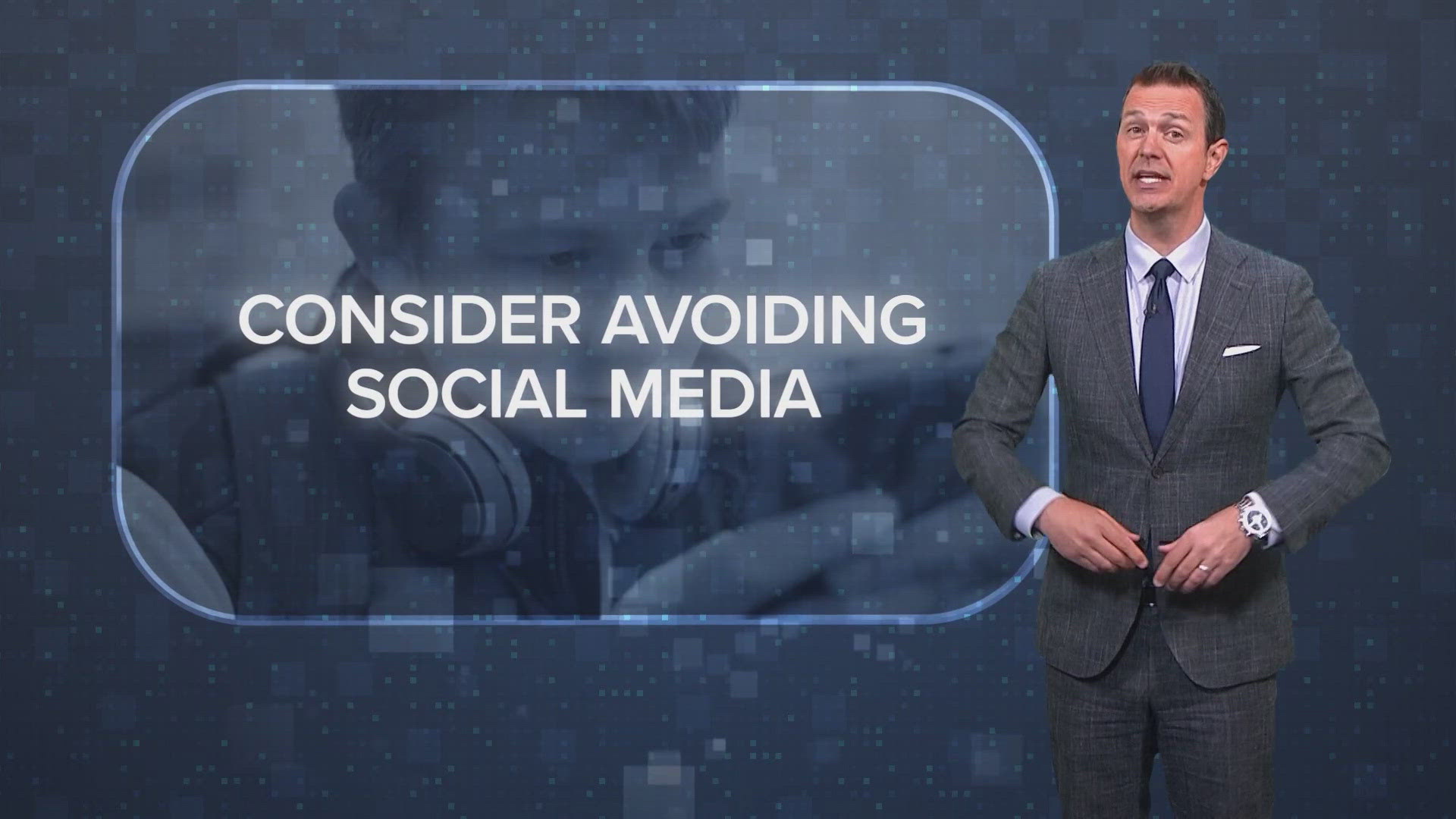DALLAS — As an author and mother of five, including a child with autism, Carrie Cariello has seen firsthand the challenges and opportunities of dealing with neurodivergence. And that experience led her to become an advocate in the autism community.
“Kids with autism deserve the same privileges that your other kiddos neurotypicals enjoy,” she says.
The Cleveland Clinic describes neurodivergence as “differences in brain function.” It’s an umbrella term for a list of common conditions like dyslexia, attention deficit hyperactivity disorder, and autism. Some estimates say up to 20% of children today can be classified as neurodivergent. And while the term covers a broad range of symptoms, Cariello says when it comes to digital devices and going online, these kids often share a few things in common.
“Research shows that this population is very, very drawn to technology and can easily become like really consumed with it,” says Cariello.
As a result, she recommends parents of those kids pay extra attention to creating a safe and healthy strategy for device usage and online access – even more so than with neurotypical kids. That includes placing firm boundaries on screen time. When kids are on devices, Cariello says to make sure they’re in common areas of the home as opposed to somewhere private, like a bedroom.
Cariello says she’s seen firsthand with her son Jack how children with autism can take communication at face value, struggling to separate friend from foe online.
“Kids like Jack on the spectrum are very literal. It's really difficult for them to understand that people may not be who they seem to be,” she says. “We had to really coach Jack into understanding that concept.”
As a result, she recommends parents keep tabs on who their kids are talking to. Consider turning off chat features in apps, or even avoid social media altogether until you’re certain your child is ready. And know that communication is key. Be open about the risks online and even come up with specific language that kids can use if they end up in an uncomfortable conversation.
However, Cariello says parents might notice a side benefit. Many neurodivergent kids who struggle communicating in person find it much easier when using a device.
“Jack, the truth is, is much more expressive over texting,” she says. “And so I really get this beautiful glimpse inside of his mind, that I wouldn't otherwise be privy to.”
When it’s all said and done, Cariello says she wants parents of neurodivergent kids to know that the extra care and attention when it comes to devices and being online can make a world of difference for those children and the entire family.
“We are all figuring out how to navigate this unknown terrain together,” she says. “And I think at the end of the day, just utilize it for a great tool to add to your family.”

